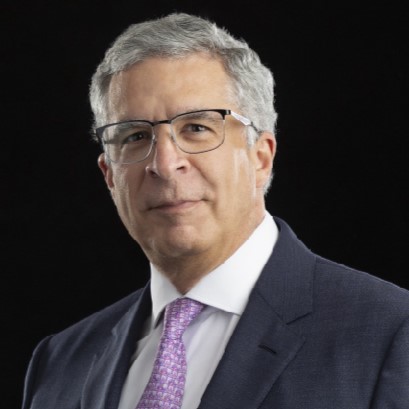Connecting the Philippines to the world
Through inclusive connectivity and strategic partnering with key tech players,
the ITC is putting digitalization at the forefront.
Following the mandate of the new administration, the Philippines is undergoing a tech revolution, designed to connect the islands of the archipelago to each other, and the Philippines to the world. In charge of this transformation is the Department of information and Communications Technology (ITC), the priority of which was to provide connectivity to those places where telecom companies have no incentive to cover. Yet connectivity does not end in access to the internet alone, but to payment systems, public order, and government itself, fostering true inclusivity as well. “Ours is a citizen-centric approach”, explains Secretary Ivan John Uy, “which connects people to the economy and allows it to do business with the government”.
In line with this philosophy, the ITC has launched an e-Gov Super App, a one-stop-shop integrated app that covers all government online services, including an e-report system for reporting crime or natural disasters to the nearest relevant body. A parallel e-commerce platform offers MSMEs free access to a payment system, and the Local Government Units app allows citizens to process business permits, licenses, building permits and civil registries directly with their mayors and governors. “We believe access to government and to the economy should be equal, should be easy, and it should be free”, adds Uy.
With BPO as the second largest contributor to the economy, technology can also play a major role in business development and workforce upscaling, which is why the ITC is also focusing on redirecting businesses from urban areas to where they will have the largest upskilling effect om the population. “We are working with schools and universities there in building up our digital workforce, connecting them with companies looking for specialized skills”, Uy adds.
To power and sustain this ambitious drive towards technology, the Department is also working on its digital infrastructure, partnering with telecommunications, tower, and satellite companies for providing connectivity and bandwidth, and also with cybersecurity and international law enforcement agencies in order guarantee a safe digital space. “ITC is both vertical and horizontal, so we are able to coordinate with agencies across the board to get this done”, Uy explains.
Putting digitalization at the forefront, the Philippines has opened opportunities for development that are attracting a growing number of international investors and big tech companies, such as SpaceX, one of the first to arrive. With new partnerships on the horizon, the ITC is showing that fostering collaboration and attracting investment in the country’s digital future is the only way forward. “The Philippines is open for business, and we are ready to go”, concludes Uy.




